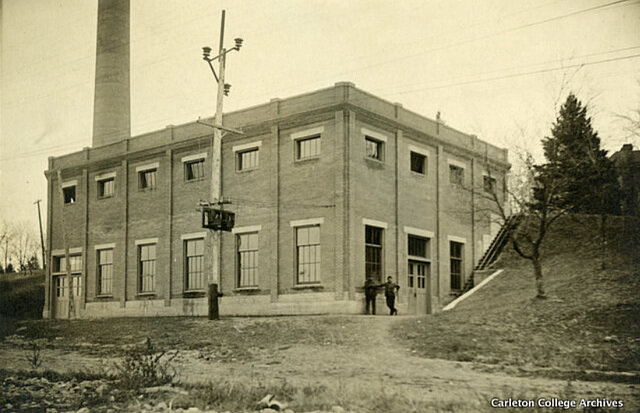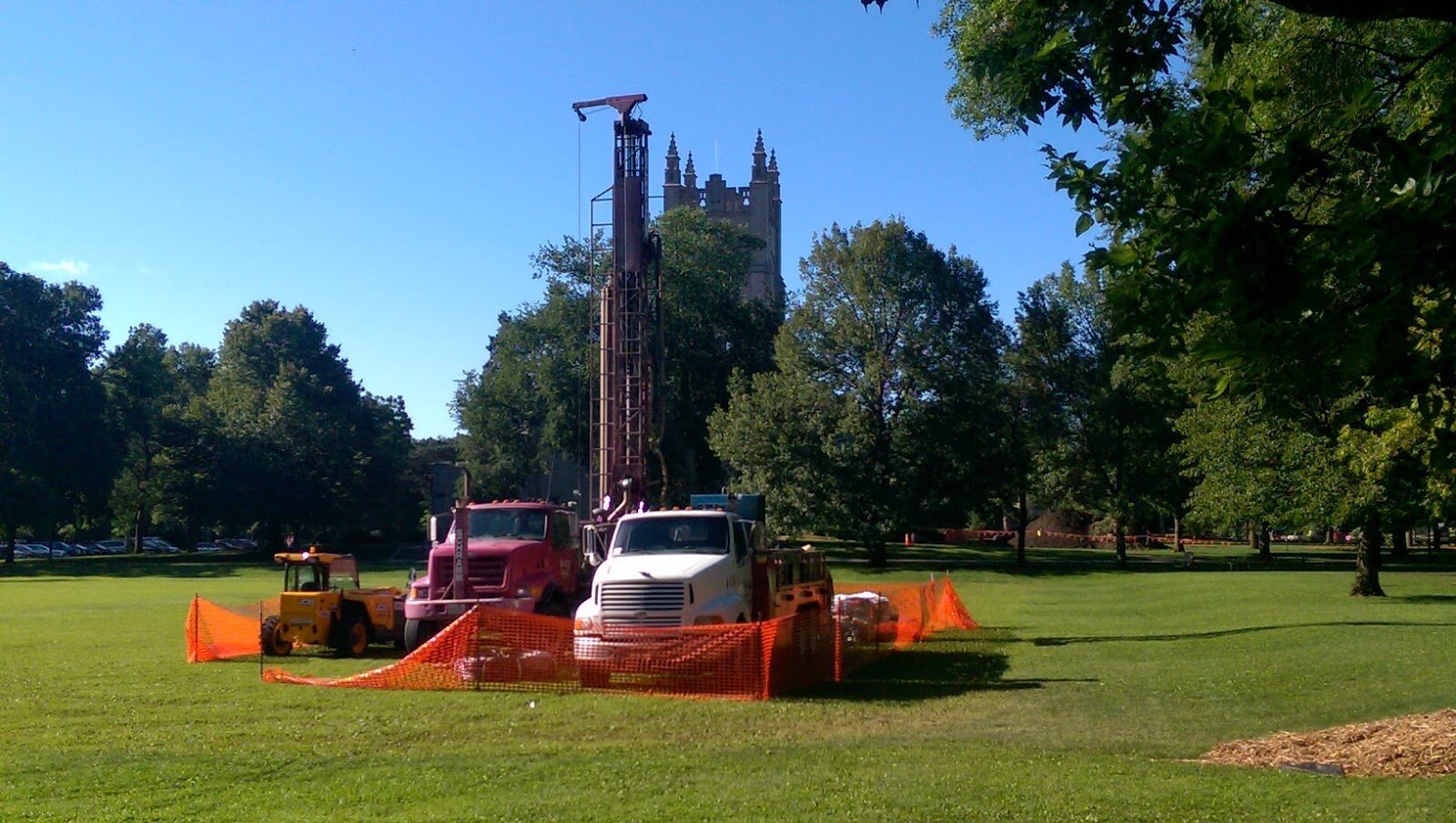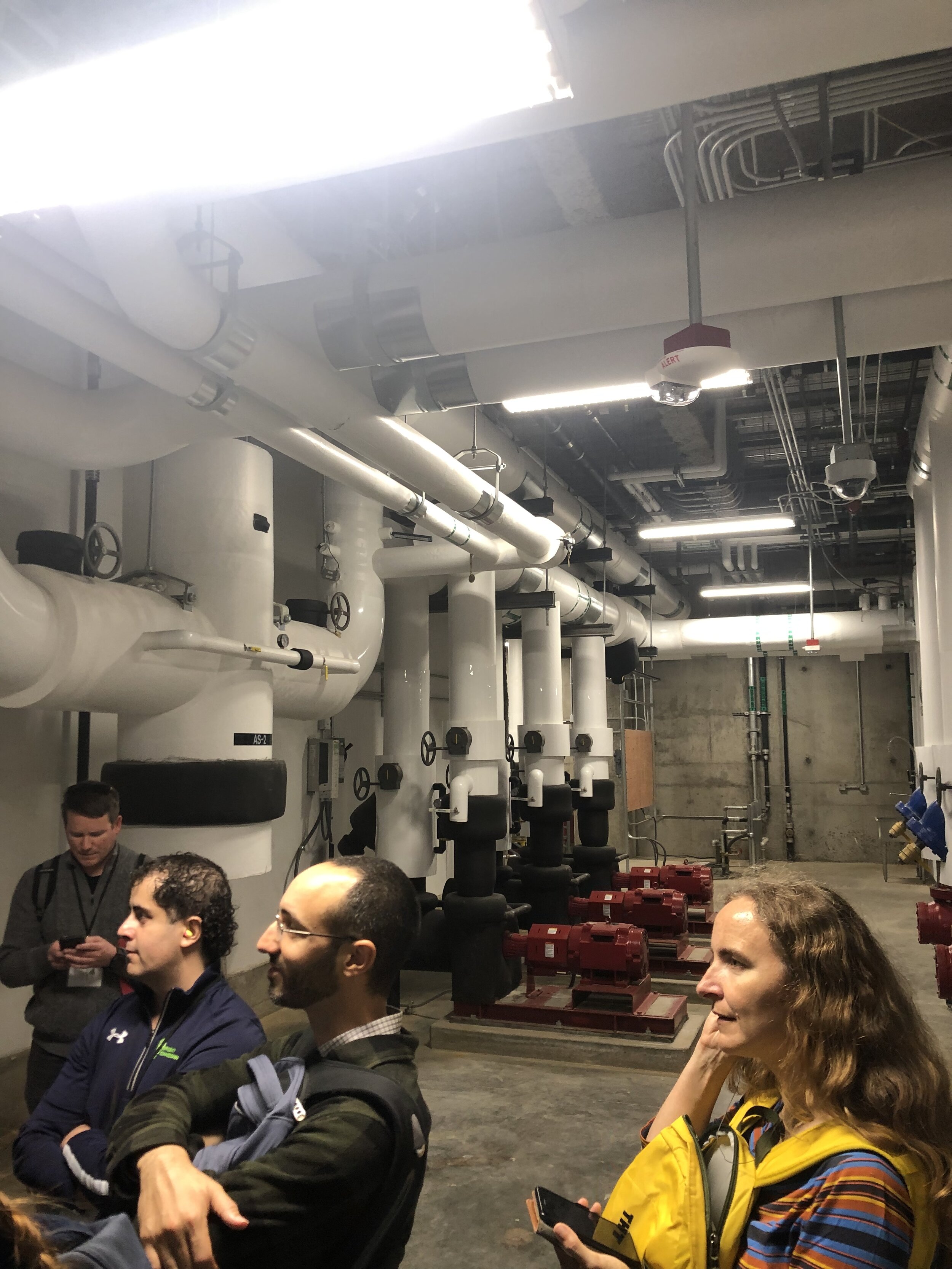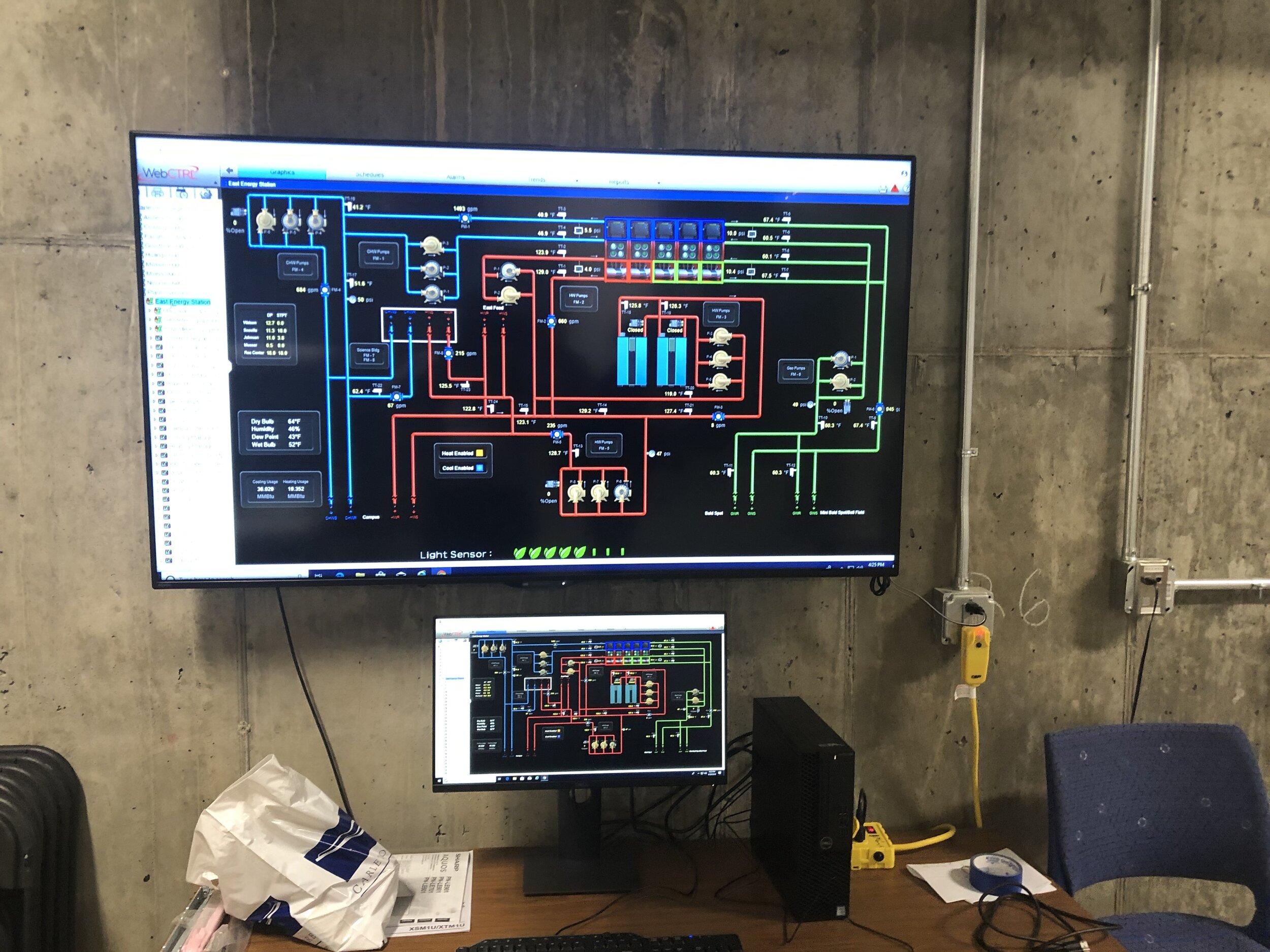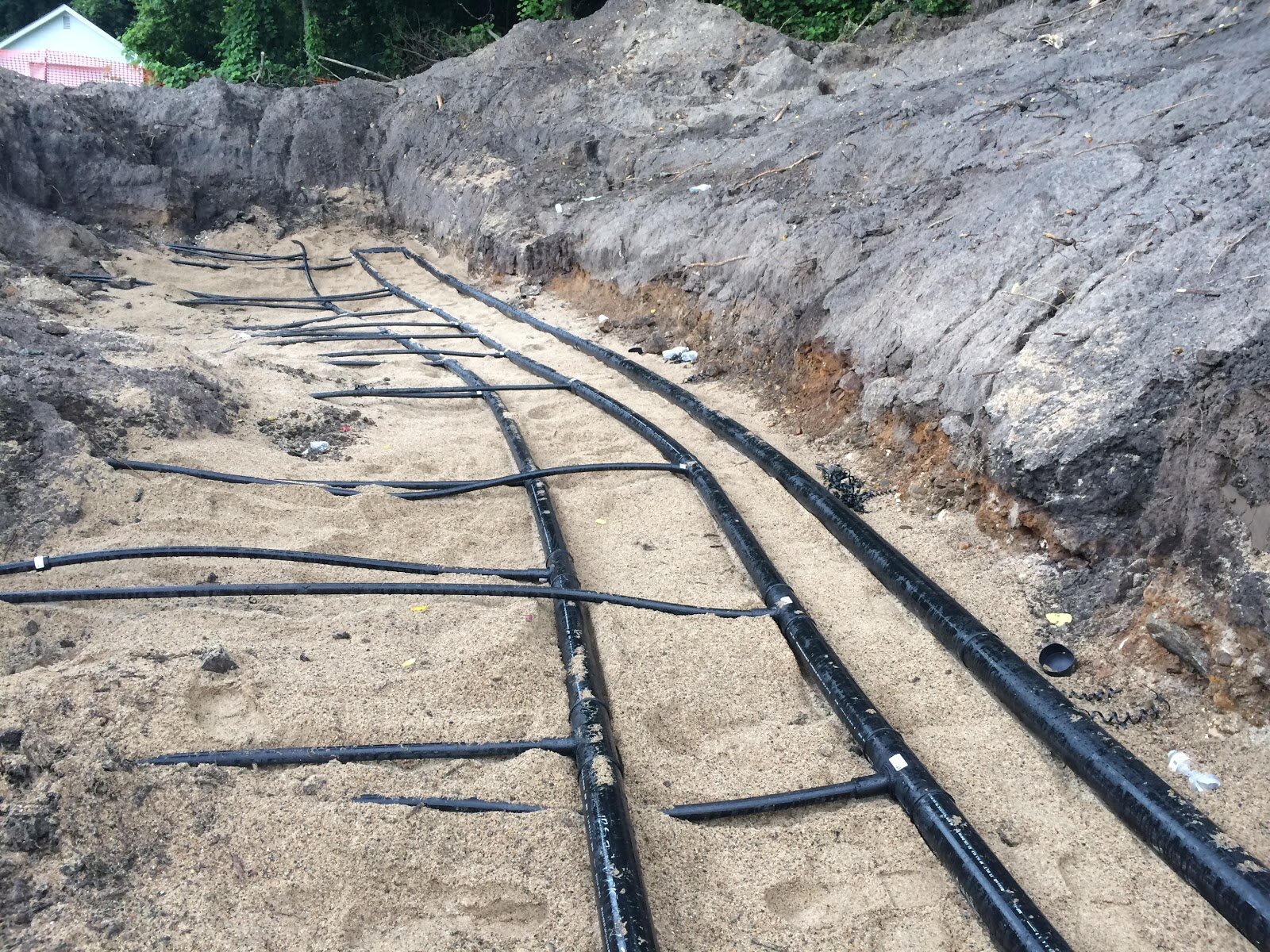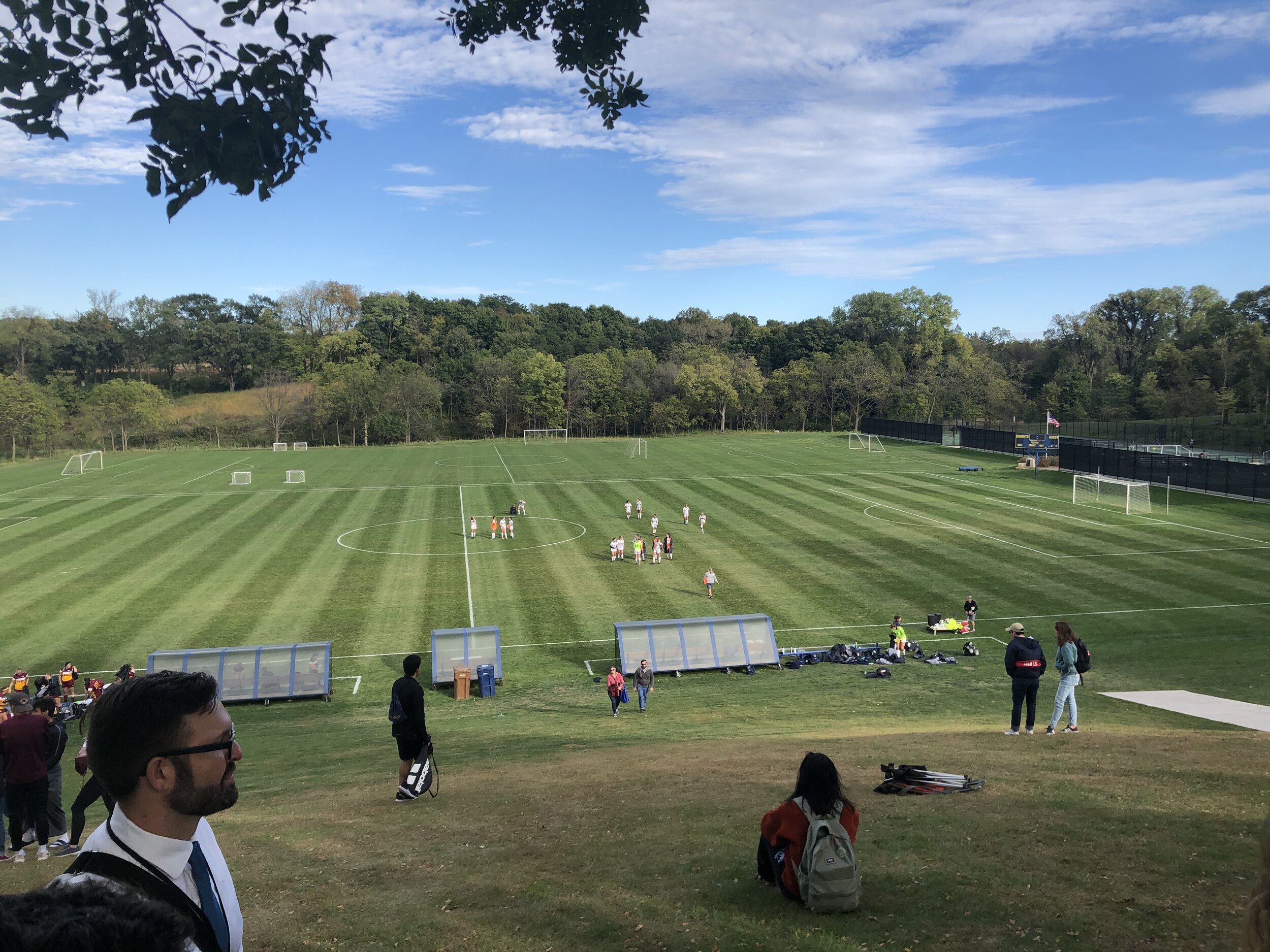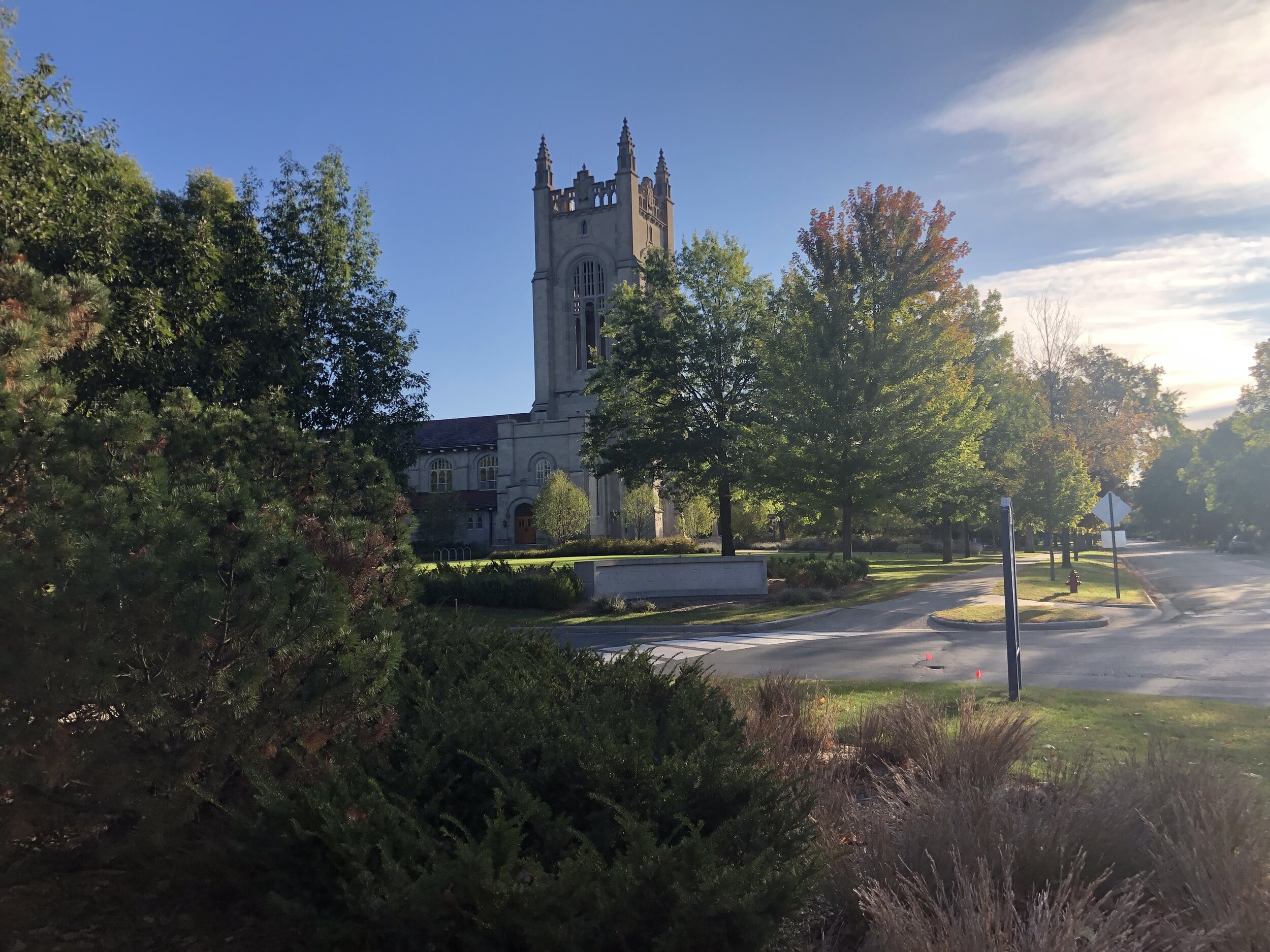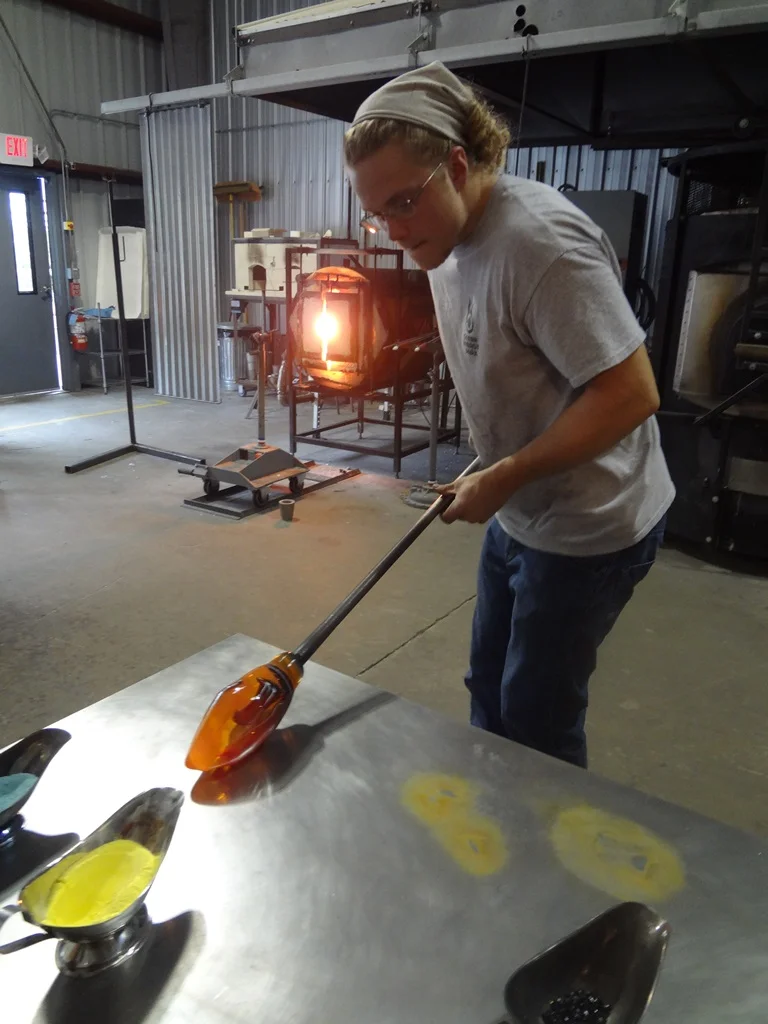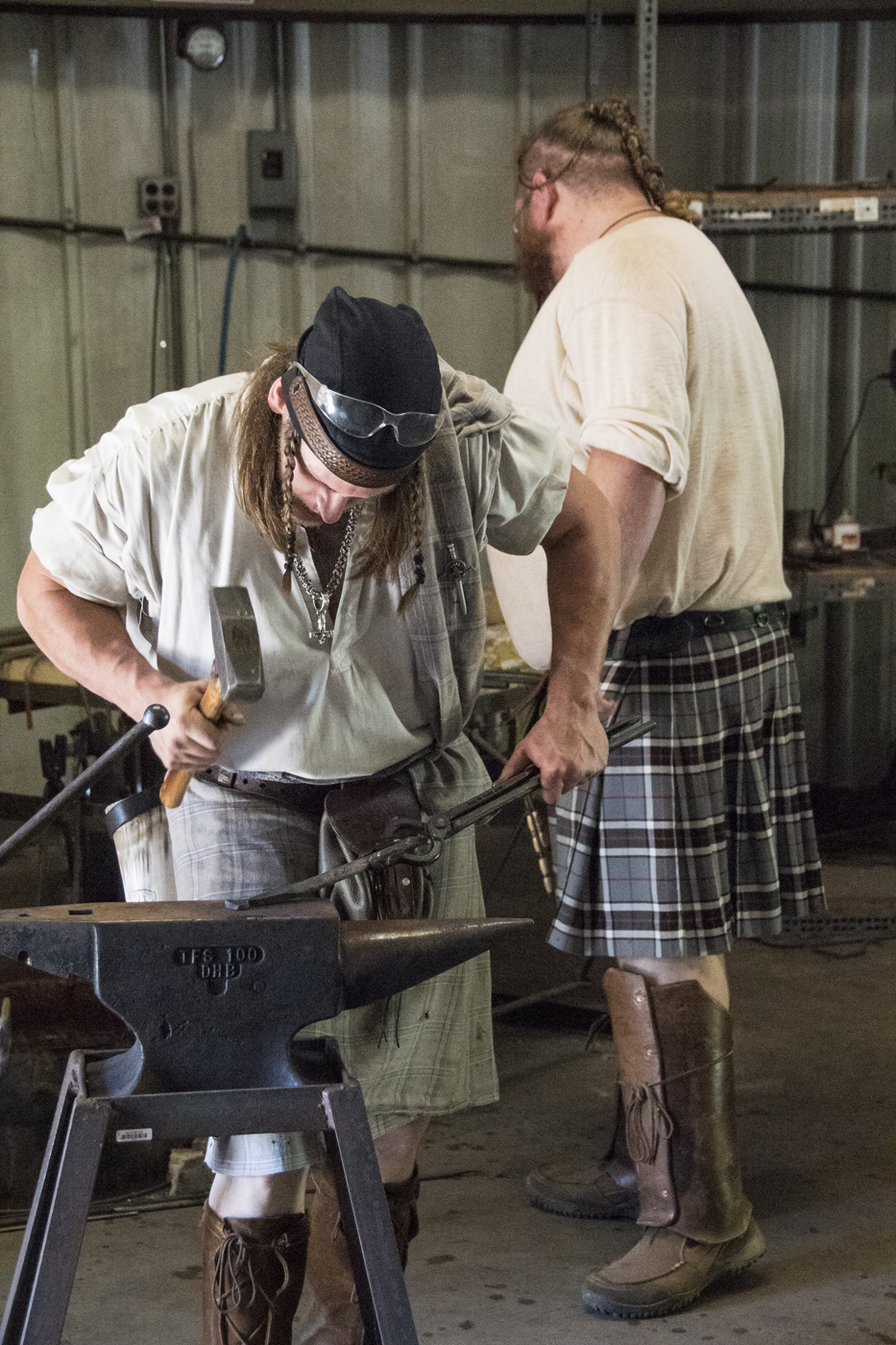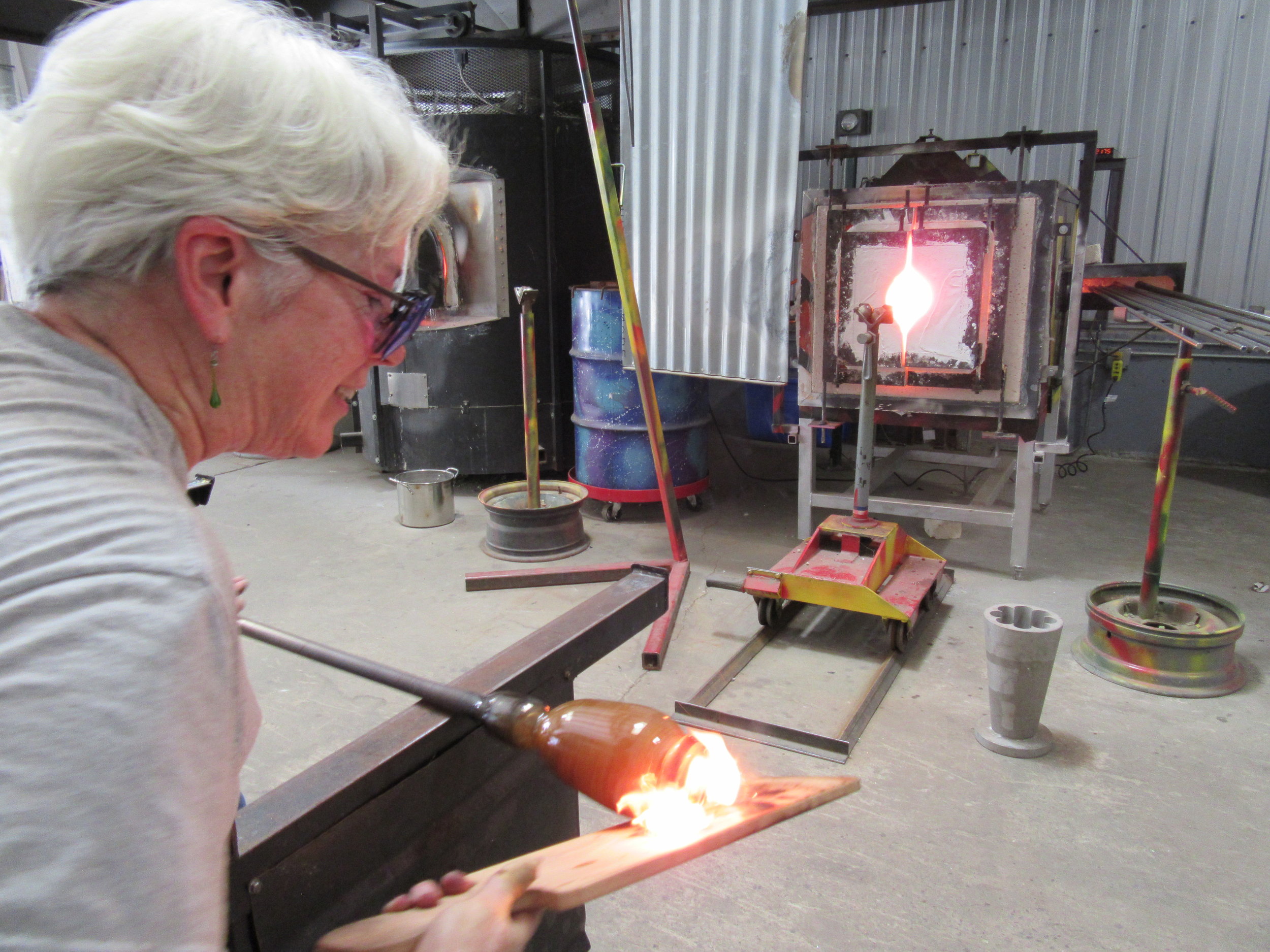Episode 36: Podcasting for Sustainability - AASHE 2020
From left to right: Brian Campbell, Director of Sustainability and Partnerships, Central College, Katie Boyle, Enrollment and Marketing Director, Bard Graduate Program, and Dave Karlsgodt, Director, Brailsford & Dunlavey
Guest Co-hosts:
Katie Boyle
Enrollment and Marketing Director, Bard Graduate Program in Sustainability and host of the “Impact Report” podcast
Brian Campbell
Director of Sustainability and Partnerships, Central College and host of the “MidAmericana” podcast
Host: Dave Karlsgodt
Director of Management Advisory Services, Brailsford & Dunlavey, Inc.
In this special episode of the podcast, we present a recording of Podcasting for Sustainability in Higher Education from AASHE’s 2020 Global Conference on Sustainability in Higher Education. Dave Karlsgodt, Katie Boyle and Brian Campbell talk about what it’s like to run a podcast and how they utilize their shows to further the conversation on energy and sustainability. All three delve into the missions behind their podcasts, as well as how and why they pick topics to cover. In this episode that explores podcasting as a tool for sustainability in higher education, our hosts aim to aid participants and listeners in learning how to frame their sustainability efforts in stories, making them compelling to a variety of audiences, from students to senior leaders, academics to alumni.
Resources:
The Impact Report: https://leadthechange.bard.edu/podcast
MidAmericana: https://www.midamericana.com
The Associate for the Advancement of Sustainability in Higher Ed https://www.aashe.org/
Production Team:
Episode Transcript:
The following is an automated transcription of this episode which will include errors and omissions. You can listen and follow along with the text here:https://otter.ai/u/gxJMa8k8OU_cSo3v2PbfUBK1wE0
You can find a text-only version of the transcript here: Episode 36 Transcript



